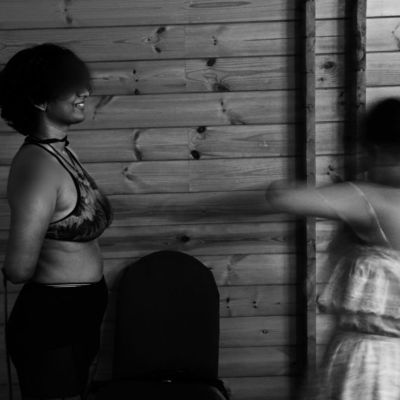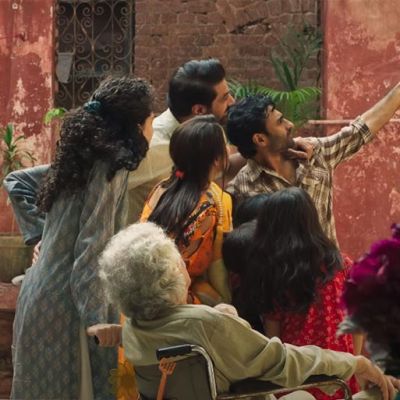Sexuality
Providing Comprehensive Sexuality Education (CSE) remains one of the most contested and complex issues within the sexual and reproductive health…
I graduated from a Law School in Bangalore in 2012 and moved back to my hometown, Lucknow, U.P., where I…
From the outside, the world of kink can look like a place where a smile would be a rare occurrence. But come closer if you dare. Let go of your inhibitions, your fears, your judgements, and biases, and take a real, long look..
I soon realised how central language is to our understanding of the world, and how language constitutes the limits and possibilities of our experiences and identities.
To be politically queer in a new language is an intoxication of all senses, revelation, outrageous freedom.
My sexual desires may not be what certain people called ‘normal’ and I could not share this with my so called friends as I thought they would consider me weird. Surprisingly a woman in my hometown introduced me to the world of Kink. She was a regular housewife and with her for the first time I got to know what I actually needed and wanted and it went on for a good amount of time till I moved out of that place for many reasons.
In a society that restricts one’s expression of sexuality and perpetuates patriarchal gender norms, there is little room offered for open exploration. With no Comprehensive Sexuality Education (CSE) in schools and no conversation about sexuality with parents, children are ill-equipped to navigate their puberty as adolescents, and dating and relationships as young adults.
I tell them to laugh freely but question as much too. This gives them a sense of sheer relief to be able to ask, talk, question, because, even if it is ‘really bad’, after all, it’s being said in ‘lightness, is it not?
The governing eyes throughout history have dictated the acceptable forms of the performance of sex.
Watching K3G with my students brings forward new ways of understanding how concepts like socioeconomic class, gender, sexuality, and diasporic imaginaries are embedded with subtle messages of morality and longing and how these messages are ingrained in our Bollywood viewing experiences.
Directed by Saim Sadiq, Joyland (2022) is not a film about trans rights or women’s rights. It is not even about one specific group or community of people. It is about the whole spectrum of human emotions.
At present Neel[1] and I live-together, part-time. I write part-time because I stay alternately with him and with my sister…
My hair smells like jasmine / From the wedding I went to last night / When I tethered my untameable hair with flowers,
Desire is a man’s turf, right up there with moustaches and Adam’s apples / I’m the apple, I am the snake, I am Eve / I am the vibrator nestled between flimsy, cheap lace underwear / I am the shame, of saying I came














